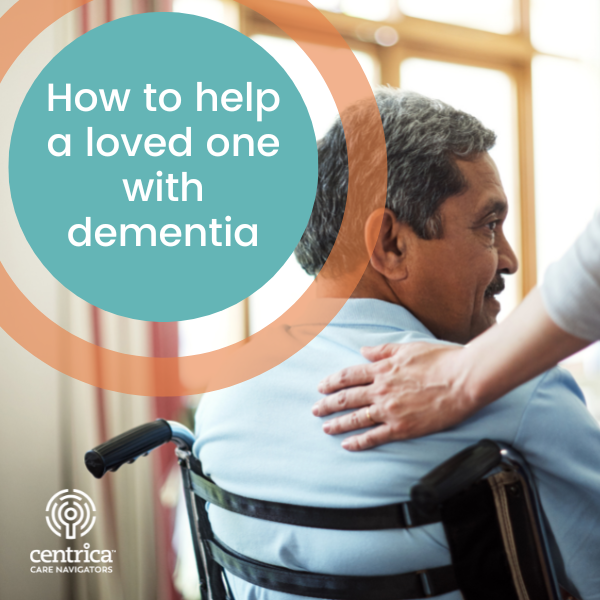Someone I know is showing signs of dementia.
I think so, anyway; some days everything seems fine, while on others she isn’t aware of who her husband is, even when he’s sitting next to her. It’s a new experience for everyone, full of challenges like scheduling doctor visits and making the house safe and easy to move around in.
The most difficult thing to do, though, is get used to the feeling that this is the “new normal.” She does many of the things she once did, just more slowly. But we can’t have conversations the way we did before. We don’t always know what she needs or wants. In a way, she is now in her own world.
The real world and the world of those with Alzheimer’s or other types of dementia cannot coexist. The “Alzheimer’s world” provides a safe, dignified, calm space. In this world we are connecting, not correcting.
Defining dementia
Dementia, Alzheimer’s disease, and memory loss are often used interchangeably but they are different.
Dementia is the impaired ability to remember, think, or make decisions that interfere with doing everyday activities, according to the Centers for Disease Control.
Alzheimer’s is the most common type of dementia, affecting approximately 1 in 9 people over the age of 65 in the U.S.
Memory loss is a symptom of dementia — and it goes far beyond day-to-day forgetfulness, like not remembering where you left your keys.
“Forgetting where you parked your car is not dementia, because you know your car is still there, and you know how to drive home,” says Centrica Care Navigators Corporate Clinical Educator Sue Wilson. “(With dementia,) what is really lost is your ‘personhood’: your jobs, relationships, hobbies, spiritual practices and traditions. The things that make you ‘you.’”
The Alzheimer’s Association identifies 10 signs of Alzheimer’s and dementia in general. They include:
· Difficulty completing familiar tasks like writing a grocery list or driving somewhere they often travel
· Withdrawing from social activities like visiting with friends or hobbies
· Losing the thread of a conversation or repeating themselves several times during the same discussion
It can be difficult to understand the difference between simple forgetting and the effects of dementia. People with advanced memory loss aren’t trying to make things harder for those around them. In some cases, they know things are different but can’t do anything about it.
Mentally, they are different now.
Compassionate deception
Wilson says we should banish the word “remember?” from our vocabulary. Asking people with dementia to remember a person or event can be difficult and embarrassing for the person with dementia.
In fact, you might even have to lie — or use “compassionate deception.” If your mother with dementia asks when your father is coming home, one option is to tell her the truth, that he has been dead for several years… but a better option is to redirect the conversation with “compassionate deception,” suggesting that he’s at the store right now, or asking what she enjoys about seeing him.
It may seem dishonest, but because your loved one is not in the real world, it’s a way to avoid making them distressed or confused when they are unable to manage those feelings.
A new relationship
If that loved one isn’t their old self any longer, how do you continue your relationship with this new version of them? Wilson says there are a few key points to keep in mind.
“Give lots of compliments, ask for their opinion, minimize distractions, be respectful, treat your loved one as an adult, and keep a sense of humor,” she says.
You can learn more about caring for those with dementia, and all our patients, on our website or call 269.345.0273




